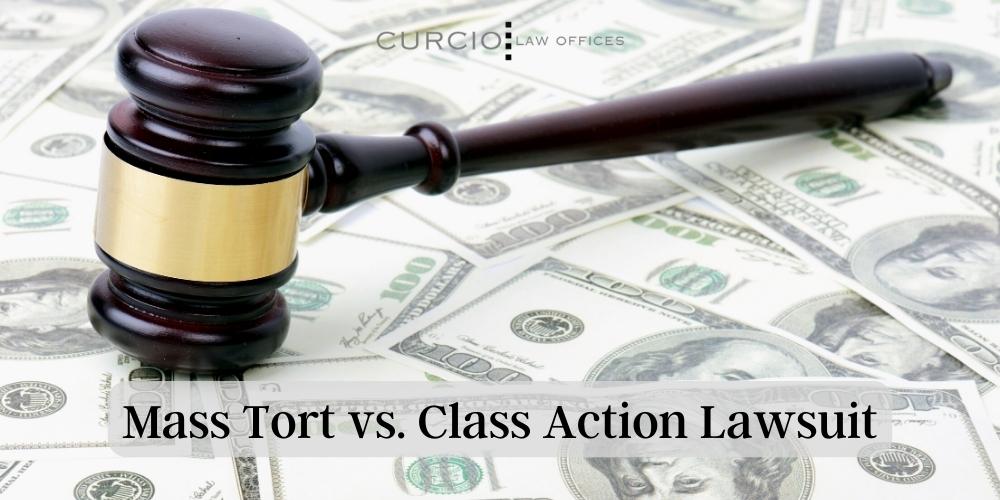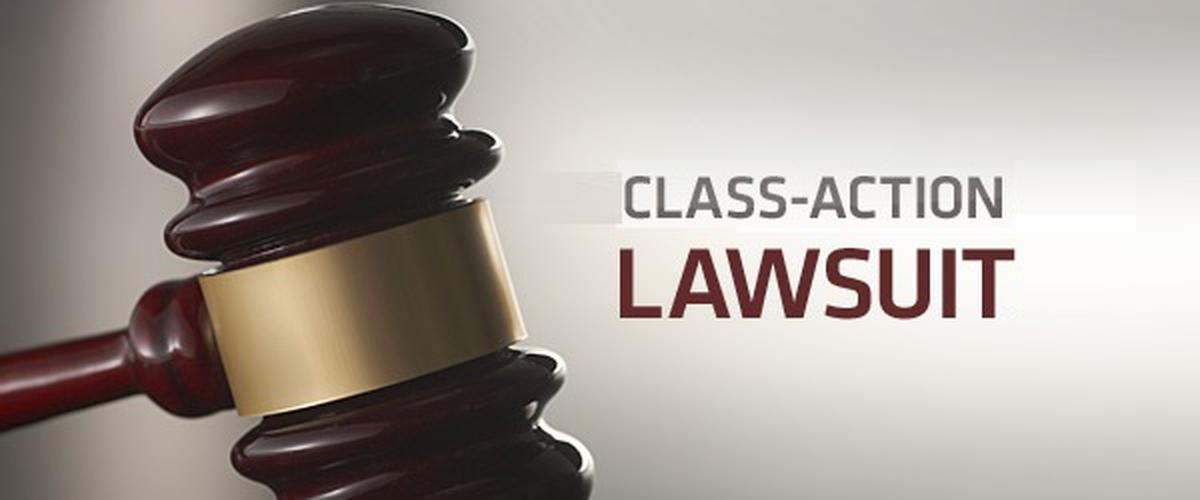Demystifying Class Activity Claims: A Closer Check Out Legal Process
Course action legal actions can be complicated and daunting, commonly shrouded in a veil of secret for those unknown with the lawful procedures included. From recognizing the requirements for course activity qualification to the duty of course representatives, and from the process of course certification to the resolution of these suits, we will decipher the ins and outs and dropped light on the internal functions of this legal system.
Comprehending Class Action Lawsuits
Understanding Class Action Legal action calls for a comprehensive examination of the lawful process entailed in cumulative lawsuits. Class action lawsuits are a sort of lawful activity where a team of people with similar insurance claims or grievances collaborate to initiate a suit against a common offender. This kind of lawsuits permits people with restricted resources to collectively seek justice, as it combines the toughness of multiple specific cases into a single lawful activity.
The procedure begins with the recognition of a lead complainant or class representative that submits the preliminary problem in support of the whole course. The court after that figures out whether the situation meets the requirements for class certification, which include commonness, numerosity, typicality, and competence of representation. If licensed, the court alerts prospective class members, providing an opportunity to opt-out if they desire to seek their cases individually.
When the class is licensed, the litigation proceeds via different stages, consisting of exploration, motion technique, and, if required, test. The result of the lawsuit can cause a settlement or a judgment, which is binding on all course participants unless they choose to opt-out. Class action suits can encompass a broad range of legal issues, such as customer security, safeties fraud, employment discrimination, and ecological harm.
Recognizing the nuances of class activity suits is important for both accuseds and plaintiffs entailed in cumulative litigation. It needs a comprehensive understanding of the legal requirements for qualification, the legal rights and obligations of course participants, and the prospective advantages and threats connected with defending or seeking versus course activity claims.
Identifying Course Action Eligibility
To establish whether a lawful activity qualifies as a class activity suit, certain criteria need to be met. These requirements are designed to ensure that the instance can properly stand for the rate of interests of a large group of people who have suffered similar harm or have been influenced by the same concern. The key consider identifying course activity qualification is the existence of a typical concern or issue that affects all possible course participants.
To start with, a course action claim needs numerosity, which indicates there need to be a considerable number of potential course participants involved. This makes certain that a course action is an efficient means to deal with the claims of a large group of individuals, rather than having each person file a specific suit.
Secondly, there must be commonness amongst the claims of the potential course members. This means that there have to be an usual concern of law or reality that is main to the situation. If each prospective class participant's insurance claim is distinct and unrelated to the others, a class activity may not be appropriate.

The Role of Class Rep
Class agents play an important duty in class action claims by standing for the passions of the entire course. These people are picked from within the class to work as the public face of the lawsuit and are accountable for choosing in support of all course participants. The duty of class agents includes numerous responsibilities and tasks throughout the lawful proceedings.
One of the main obligations of course representatives is to give details and assistance to their fellow class members. They serve as a factor of call and interaction in between the course participants and the lawyers representing them. This consists of maintaining the course participants educated around crucial updates, addressing their concerns, and resolving any kind of problems they might have.
Course agents also have the duty to proactively take part in the litigation process (BioVie class action lawsuit). This involves functioning very closely with the attorneys to develop lawful methods, gathering proof, and supplying testimony if necessary. They must be proactively associated with all elements of the case to make certain that the most effective rate of interests of the entire course are represented
Furthermore, class reps are accountable for approving negotiations or other resolutions gotten to in the legal action. They must very carefully evaluate the regards to the settlement and make a choice that is in the ideal interest of the whole class. This decision-making procedure calls for cautious consideration and examination with the class participants.
The Process of Course Certification
The procedure of accrediting a course in a class activity lawsuit includes official site an extensive evaluation of certain criteria to figure out if the instance meets the needed requirements for class qualification. Class accreditation is a crucial step in the lawsuits procedure as it determines whether a suit can continue as a course action, allowing a huge group of individuals with comparable cases to be stood for collectively by one or a few individuals.
To acquire course certification, the plaintiff must show that the recommended course satisfies particular requirements. Typicality calls for that the cases read what he said or defenses of the course reps are regular of those of the class. Adequacy of representation guarantees that the class reps will rather and appropriately shield the passions of the course.
If the recommended course fulfills the needed requirements,The court will certainly inspect these standards and the plaintiff's proof to figure out. The court may also take into consideration other factors, such as whether a course action is the premium technique to deal with the disagreement and whether the class is completely cohesive.

Once the court gives course accreditation, the lawsuit can continue as a class action, permitting the complainants to collectively look for relief and potentially get a judgment or settlement that profits the whole class.
Managing Course Action Legal Actions
When course qualification has been given, the following step in settling a class action claim is to navigate the process of lawsuits or settlement arrangements. Lawsuits refers to the lawful proceedings in court, where the plaintiff's attorney offers evidence and arguments to support their claims, and the accused's lawyer counters with their very own proof and arguments. This process can involve different phases, such as pretrial motions, exploration, and test.
On the other hand, settlement arrangements include conversations in between the celebrations to get to an equally appropriate resolution without mosting likely to trial. Archer-Daniels-Midland class action lawsuit. Negotiation offers may be made at any type of stage of the lawsuits process, and if both celebrations concur, a negotiation agreement is reached. This agreement usually details the terms and problems of the negotiation, including any kind of monetary settlement, injunctive alleviation, or various other treatments. Once the settlement is finalized, it exists to the court for authorization.
Conclusion
To conclude, course action legal actions play a critical function in offering justice and settlement to big groups of people who have actually been harmed by the very same entity. By accrediting a course and selecting course agents, the lawful process comes to be much more reliable and easily accessible for the plaintiffs. Dealing with these suits can be a facility and lengthy procedure, but it is necessary in holding corporations liable for their activities and guaranteeing reasonable outcomes for all impacted events.
From comprehending the standards for course action qualification to the duty of class agents, and from the procedure of course certification to the resolution of these claims, we will decipher the details and shed light on the inner functions of this lawful mechanism. The crucial variable in determining class action qualification is the visibility of a common question or problem that impacts all possible course members.
If each potential class member's insurance claim is one-of-a-kind and unrelated to the others, a course activity might not be ideal.
Course reps play an essential function in class action claims by standing for the passions of the whole class.Once class certification has been given, the next action in check settling a course activity lawsuit is to navigate the procedure of lawsuits or negotiation arrangements.